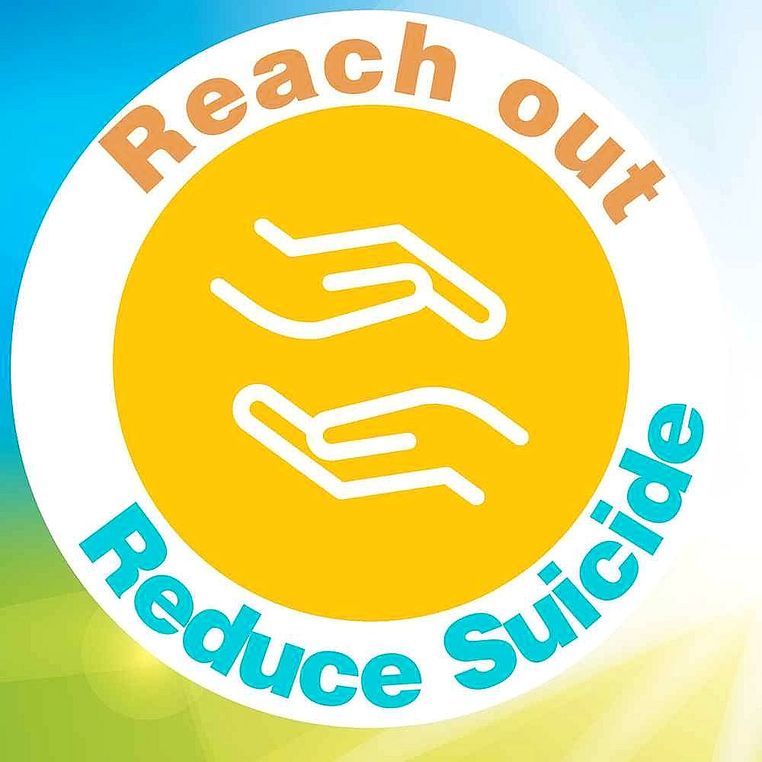By Tate Papworth
It’s not always easy to tell when a loved one is struggling, but picking up on subtle changes in behaviour could save a life.
Northwest Psychological Services psychologist Liana Borg said that while people considering suicide don’t always indicate their thoughts, there are a number of behavioural changes to look for.
“The biggest thing to look for is any drastic changes in behaviour,” she said.
“This can be a certain level of withdrawal from family or friends or it can be the complete opposite – catching up with people they haven’t seen in a while.”
While there are signs to look for, Ms Borg said it’s not always the case.
“I really want to stress that there are not always signs that someone is suicidal. I think when people are very determined to attempt suicide, they may not show any outward signs at all because they are so determined and don’t want anyone to stop them.
“They can be very good at hiding it. It’s very important to note, especially when people feel guilt for not seeing the signs afterwards.”
Ms Borg said there’s also “suicide preparation” signs to look out for.
“We look at people selling possessions, preparing wills, having appointments with lawyers and tying up loose ends as potential signs,” she said.
“Another important sign is lack of future goals or if someone suddenly cancels plans, indicating there isn’t much to look forward to in the future.”
If you identify the signs in someone, Ms Borg said opening dialogue could save a life.
“A lot of people don’t talk because they’re worried they’ll open Pandora’s box and not know how to deal with it, but it’s not about how they deal with it, it’s about getting the person who is struggling the support they need,” she said.
“It’s a big misconception, just because a person is thinking about it, doesn’t mean talking about it will trigger something, if anything it may help them find the support they need.”
NWMPHN is offering a short online course – QPR (Question, Persuade, Refer) – designed to help people recognise if someone they know is at risk of suicide. To access the training, visit:lifespan.qprtraining.com/setup.php
Use the code PBT.
If you or anyone you know needs help contact: Lifeline: 13 11 14 or lifeline.org.au
Suicide Call Back Service: 1300 659 467 or suicidecallbackservice.org.au












